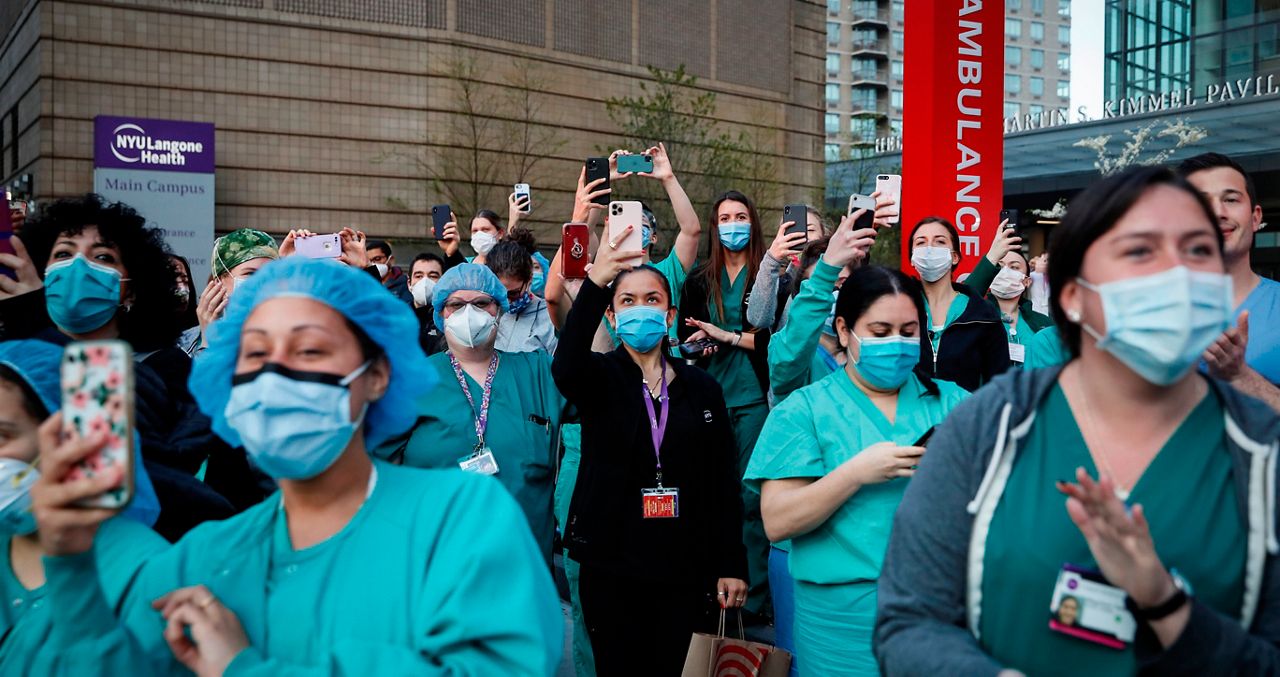Health care groups this week are closely watching the outcome of the state budget negotiations as the spending plan could affect the health care of millions of New Yorkers.
“Health insurance premiums reflect the cost of care and New York’s health care costs already are among the nation’s highest,” said New York Health Policy Association President & CEO Eric Linzer. “With employers, particularly small businesses, and consumers struggling with the economic and social disruption that the pandemic has caused, closing the budget gap shouldn’t mean New Yorkers pay more for their health care.”
Among the issues the group identified include a "pay and purse" provision for hospital claims, an increase in tax liability for businesses and health insurance companies, rules governing reimbursement for telehealth as its use expands during the pandemic, and a proposed "carve out" for some prescription drugs that treat HIV/AIDS and Hepatitis C, among other ailments.
The carve out is due to take effect on April 1, unless lawmakers move to change it in the budget. The measure is meant to save money, but there are concerns over the impact it would have on providers.
“While the Executive anticipates that it will save the state $87 million in the upcoming fiscal year, it will actually add significant new costs to the Medicaid program and decrease the quality of care for New York’s most vulnerable residents," Linzer said. "Given these concerns, legislators should adopt the Senate’s proposal to repeal the carve-out.”


